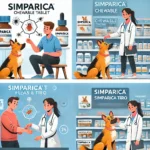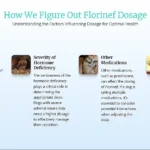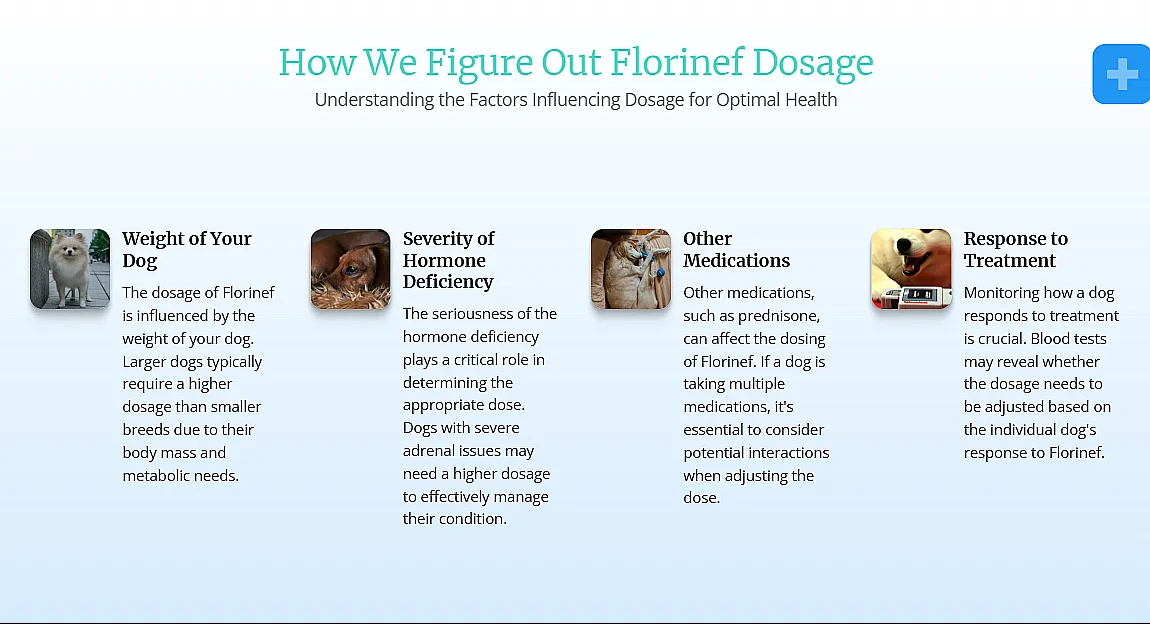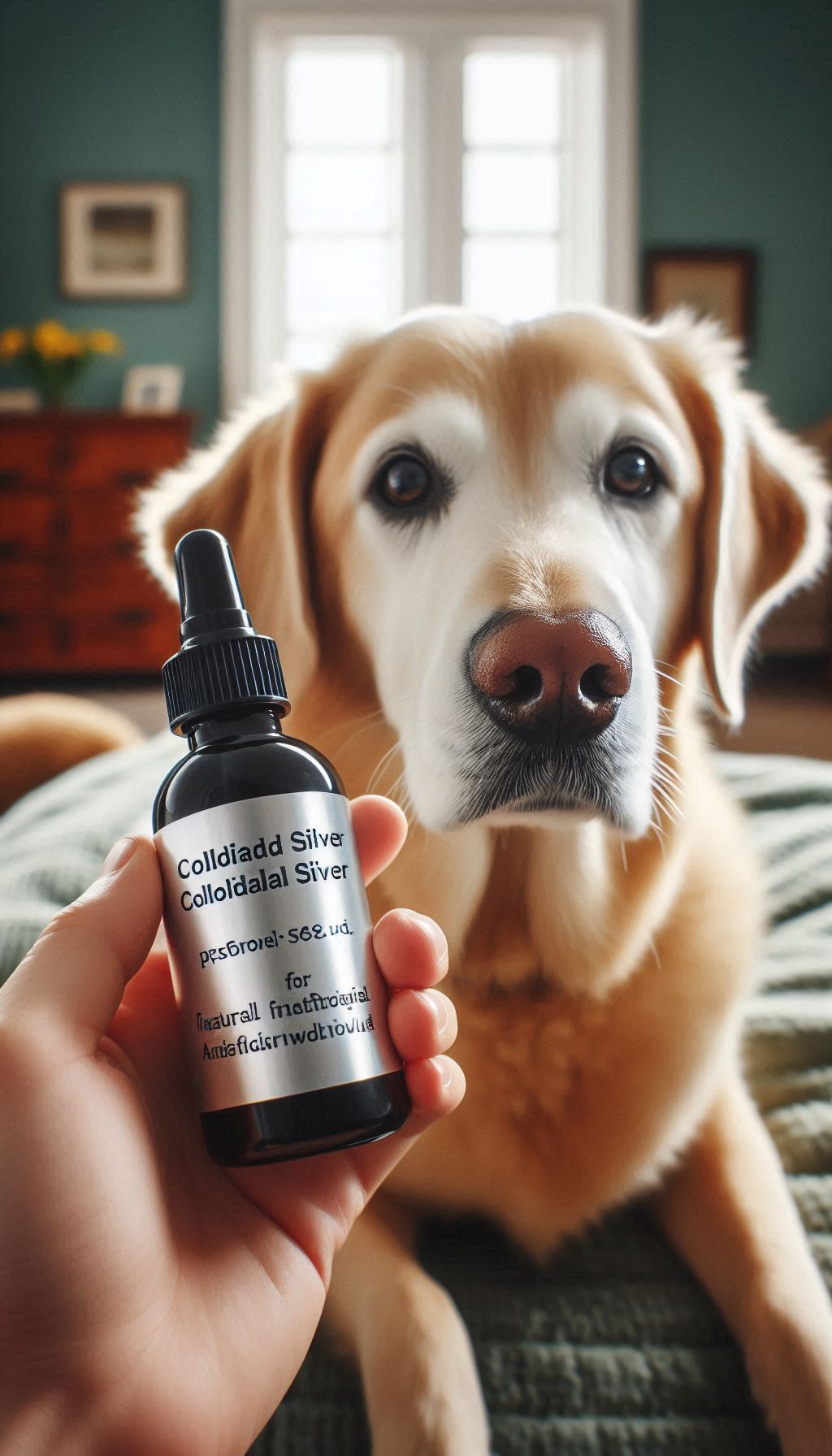As a lifelong dog owner and scholar, I’ve observed the behavior of our canine friends for many years. Dogs exhibit an array of behaviors, thanks to their sharp senses and their evolutionary history as hunters.
One intriguing behavior is their chase, and sometimes consumption, of squirrels.
The Natural Hunting Instincts of Dogs
Dating back to their wild ancestors, canines are identified as both hunters and opportunistic eaters. They use their heightened senses of hearing, smell, and sight to detect prey.
Dogs are part of the predator family and were originally bred for various roles, including hunting. Their instinctive predatory drive is why they often pursue smaller creatures, such as squirrels.
Why Dogs Eat Squirrels
Dogs chase and sometimes catch squirrels due to their ingrained predatory instinct. However, they often do so for the thrill of the chase, rather than the intent to eat.
With their instinctive drive to pursue, dogs are naturally inclined to chase anything that moves quickly, including squirrels.
Having said that, these primal instincts can sometimes overcome any behavioral training your dog might have. If your pet catches a squirrel, eating it may occur naturally, even if this behavior is discouraged by owners.
As always, it’s best to discourage any direct contact between your dog and wildlife for the safety of both parties.
Risks and Concerns
As a dog owner, you can’t help but be intrigued by the age-old cat-and-mouse game – or in this case, dog and squirrel. But the question is, do dogs eat squirrels? The answer isn’t quite so simple.
Some dogs might attempt to eat these furry creatures, but it isn’t a favorable scenario for a variety of reasons. Notably, these situations can expose dogs to health risks such as transmission of diseases and parasitic infections.
Possible transmission of diseases like leptospirosis
Leptospirosis is a disease that poses a serious threat to both humans and dogs. Squirrels can carry this disease in their urine.
If a dog eats a squirrel, it becomes at high risk of contracting leptospirosis, especially if the squirrel was infected. Leptospirosis can lead to kidney damage, meningitis, and liver failure, among other severe conditions.
Parasitic infections that dogs can get from squirrels
Moreover, squirrels can be carriers of different types of parasites, including ticks and fleas. These tiny creatures can latch onto a dog’s skin and feed on their blood, leading to various infections.
If a dog eats a squirrel infested with these parasites, it increases the likelihood of the dog becoming a new host.
In conclusion, while some dogs may indeed chase and potentially eat squirrels, it is not an ideal or safe situation. This potentially dangerous behavior could expose dogs to a number of medical risks, necessitating immediate veterinary attention.
It is advisable for dog owners to discourage such behavior for the safety and well-being of their pets.
Behaviors and Instincts
From a professional perspective, it’s been observed that dogs have a variety of behavioral traits and instincts, many of which are quite peculiar and may leave us wondering about the drives behind them.
One such behavior is their enigmatic desire to chase and potentially consume small rodents, such as squirrels. This begs the question – do dogs actually eat squirrels?
To begin with, I must affirm that dogs primarily have a carnivorous predisposition. The canine genetic heritage is linked to wolves, their closest wild relatives, and wolves are known for their hunting prowess.
The genetic heritage that drives dogs to hunt
As a domesticated descendant of wolves, dogs retain some innate predatory drives. So when they look at a squirrel, they might see it as potential prey rather than just another cute woodland creature.
But it’s also important to note canine behavior is greatly influenced by factors like breed, training, and individual personality.
Just because dogs possess the hunting instinct doesn’t mean they will all necessarily pursue and consume squirrels.
Differences in hunting behavior among various dog breeds
In terms of breeds, Terriers, Hounds, and Retriever dogs are more inclined towards chasing smaller mammals due to their history as hunting and retrieving dogs.
Other breeds may show less interest in squirrels – they could just as easily go about their business nonchalantly! That said, dogs with strong predatory drives might chase and catch squirrels but rarely consume them unless driven by extreme hunger or lack of nutrition.
In brief, the interplay of genetic heritage and breed-specific traits can compel a dog to exhibit hunting behaviors towards squirrels. However, the actual consumption of these furry creatures is less common, under usual domestic circumstances.
Health Implications
In the course of roaming freely in gardens, parks, or wilderness areas, dogs may encounter small mammals like squirrels. As a dog owner, I’ve often wondered if dogs would eat squirrels if they catch them.
Although not a dietary need, dogs do chase and sometimes eat squirrels due to their inherent predatory instincts, potentially exposing them to health risks.
Symptoms and treatment of leptospirosis infection
Leptospirosis is a bacterial disease squirrels, amongst other rodents, can carry. Dogs may contract this disease from eating a diseased squirrel.
Leptospirosis may present with a variety of symptoms in dogs, including fever, muscle pain, vomiting, and diarrhea.
The disease is detected through blood and urine tests. If leptospirosis is confirmed, the veterinarian will likely prescribe a course of antibiotics.
Early intervention is key, as delayed treatment can lead to severe kidney and liver damage. Dog owners must take precautions to prevent their pets from squirrel hunting and consider vaccinating against leptospirosis where it is prevalent.
Risks and complications of parasitic infections
Furthermore, squirrels can harbor parasites like fleas, ticks, or tapeworms, exposing dogs to parasitic infections when they eat them. Itching, skin redness, and visible eggs in feces are common signs of external and internal parasites.
Treatment typically involves anti-parasitic medication administered under veterinary care.
To eradicate parasites, regular pest control and monitoring of your dog’s behavior are necessary.
If you see your dog chasing and catching squirrels, it’s best to redirect their attention and provide alternative stimulation, like toys or training exercises.
When in outdoor spaces, keeping your dog on leash can limit their exposure to squirrels and other wildlife, ensuring their safety and wellbeing.
Training and Prevention
In my extensive experience, one quirk that I often see dogs exhibit is the pursuit of small animals such as squirrels.
Indeed, the very sight of squirrels in the yard can trigger their innate hunting instincts, sometimes leading them to potentailly consume their catch.
But first, let’s also acknowledge an imperative fact: such behavior, although natural, can pose serious health risks including transmission of diseases and parasites.
Strategies to discourage hunting behavior
1. Distract and reward: It’s essential to manage your dog’s behavior by using distractions. Each time your dog shows interest in a squirrel, try redirecting their attention towards another rewarding activity, like a game or a chew toy. When they cooperate, make sure to praise them and give them a treat.
2. Training:Training can be a useful tool to help your dogs control their impulses. Start with the basics and gradually implement more advanced commands such as “leave it” or “stay”, using these commands when they are distracted by squirrels.
Steps to protect dogs from potential risks
1. Regular health check-ups: Regular check-ups and vaccinations can help prevent diseases which might be transmitted by squirrels or other small animals.
2. Pest control: Have a pest management professional inspect your yard and home to discourage squirrel population.
Remember that behavioural changes might take time and may require professional help. Don’t hesitate to reach out to your vet or a professional trainer to guide your dog’s behavioural modification journey.
Conclusion
As a certified expert, I am often asked whether dogs eat squirrels. To answer briefly, it is natural for dogs, especially those bred for hunting, to chase and potentially kill squirrels due to their strong predatory instincts.
It’s important to understand and manage these instinctual behaviors to ensure both the dog’s and squirrel’s safety.
Understanding and managing dogs’ instinctual behaviors
Firstly, the dog’s breed can profoundly impact whether it chases squirrels. Breeds such as Airedales, Beagles, or Coonhounds were explicitly bred for hunting and chasing small game, meaning they retain characteristics that encourage prey drive towards small, fast-moving objects like squirrels.
However, even non-hunting breeds can sometimes not resist the thrill of the chase.
Managing these instinctual behaviors requires a structured, consistent training plan focusing on recall and distraction techniques.
Reinforcing positive behavior commands like “leave it” or “stay” delivers great results.
Ensuring the health and safety of both dogs and squirrels
Safety must always be paramount. Small creatures like squirrels may carry diseases that can potentially be transmitted to dogs.
Furthermore, the chase itself can put both your pet and the squirrel in danger should it lead to trafficked areas or other hazardous environments.
As a responsible pet owner, it’s crucial to manage your dog’s instinctual behaviors and avoid potential harm to local wildlife.
Supervise your pets during outside time, keep them on a leash in public areas, and provide them with plenty of stimulation at home to curb their chasing habits.











